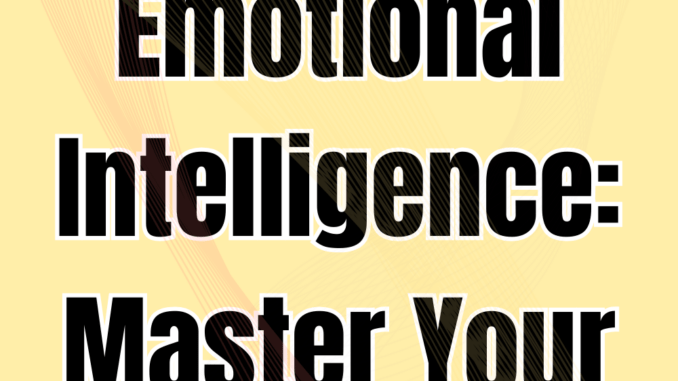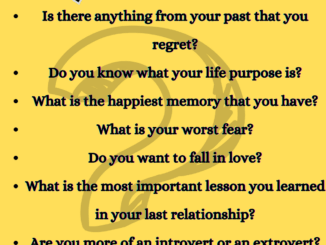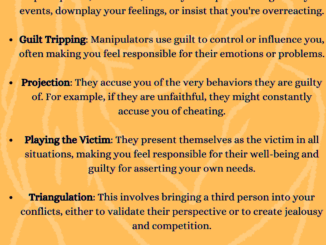
Signs of Emotional Intelligence: Unlocking Your EQ Potential
Emotional Intelligence (EI), often referred to as EQ, is the ability to understand, manage, and use emotions effectively. It’s a crucial skill for personal and professional success. While Intelligence Quotient (IQ) measures intellectual capabilities, EQ determines how well you navigate life’s challenges and build strong relationships. Let’s delve into the key signs of emotional intelligence.
Self-Awareness: The Foundation of Emotional Intelligence
- Understanding Your Emotions: Emotionally intelligent individuals are keenly aware of their own feelings and how these emotions influence their thoughts and behaviors. They can accurately label and express their emotions without being overwhelmed.
- Recognizing Strengths and Weaknesses: A strong sense of self-awareness involves understanding your personal strengths and limitations. This knowledge helps in setting realistic goals and seeking support when needed.
- Self-Confidence: People with high EQ typically exhibit self-confidence, rooted in a realistic assessment of their abilities. They believe in their potential and are not afraid to take calculated risks.
Self-Regulation: Mastering Your Emotions
- Managing Stress: Emotionally intelligent individuals excel at managing stress and maintaining composure under pressure. They employ effective coping mechanisms to prevent emotional outbursts.
- Impulse Control: Resisting the urge to act impulsively is a hallmark of high EQ. These individuals think before they speak or act, considering the potential consequences of their actions.
- Adaptability: Embracing change and adapting to new situations is easier for those with high emotional intelligence. They are flexible and open to different perspectives.
Social Awareness: Connecting with Others
- Empathy: The ability to understand and share the feelings of others is a cornerstone of emotional intelligence. Empathetic individuals can put themselves in another person’s shoes and respond with compassion.
- Developing Strong Relationships: People with high EQ build and maintain strong relationships based on trust, respect, and open communication. They value connections with others.
- Effective Communication: Clear and assertive communication is a key skill for emotionally intelligent people. They can express their thoughts and feelings without being aggressive or passive.
Relationship Management: Building Strong Bonds
- Conflict Resolution: Emotionally intelligent individuals are skilled at resolving conflicts peacefully. They focus on finding common ground and reaching mutually beneficial solutions.
- Teamwork: Collaborating effectively with others comes naturally to those with high EQ. They contribute positively to team dynamics and foster a supportive environment.
- Influence and Leadership: People with strong emotional intelligence often emerge as natural leaders. They can inspire and motivate others while building trust and loyalty.
Developing Your Emotional Intelligence
While some people may be naturally inclined towards emotional intelligence, it’s a skill that can be developed and improved through practice. Here are some tips:
- Self-reflection: Regularly assess your thoughts, emotions, and behaviors to gain a deeper understanding of yourself.
- Empathy training: Practice actively listening to others and trying to see things from their perspective.
- Emotional regulation techniques: Learn relaxation techniques like meditation, deep breathing, or yoga to manage stress.
- Seek feedback: Ask trusted friends or colleagues for honest feedback on your interactions with others.
By cultivating emotional intelligence, you can enhance your personal and professional life, build stronger relationships, and achieve greater success. Remember, emotional intelligence is a journey, not a destination. Consistent self-awareness and practice are key to unlocking your full potential.



1 Trackback / Pingback
Comments are closed.